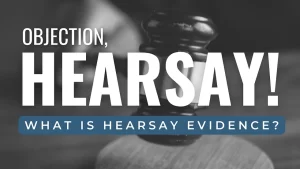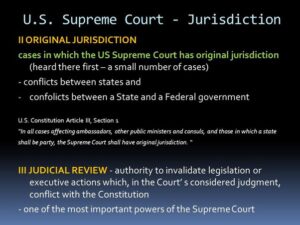how much does it cost for a lawyer to represent you in court
How Much Does a Lawyer Cost? Understanding Legal Fees
When you find yourself in need of legal assistance, the question that often arises is, “how much does a lawyer cost?” The answer to this question is not straightforward, as legal fees can vary significantly depending on various factors. In this comprehensive guide, we will delve into the intricacies of lawyer fees, different billing methods, and how to assess the cost of legal representation.
Why Legal Representation Matters
Before delving into the specifics of legal fees, it’s crucial to understand the importance of legal representation. Whether you’re dealing with a simple matter or a complex legal issue, having a lawyer by your side can significantly impact the outcome of your case. Legal professionals possess the expertise and knowledge to navigate the complexities of the legal system, ensuring your rights are protected and your interests are represented.
Exploring Different Billing Methods
Lawyers employ various billing methods to charge their clients. Understanding these methods can help you determine how much you’ll pay for legal services. Here are the most common billing arrangements:
1. Hourly Rate
Hourly billing is the most prevalent method used by lawyers. Under this arrangement, you are charged for the time the lawyer spends working on your case. Hourly rates can vary widely based on factors such as experience, location, and the complexity of the case.
- Lawyers in rural areas may charge $100-$200 per hour.
- Lawyers in metropolitan areas may charge $200-$400 per hour.
- Specialized lawyers with expertise in specific areas can charge $500-$1,000 per hour.
2. Retainer Fee
Many lawyers require clients to pay a retainer fee upfront, which serves as a down payment on their legal services. As the lawyer works on your case, they will deduct fees from this retainer and provide you with periodic invoices detailing the deductions. It’s essential to note that retainer fees are often non-refundable.
3. Flat Fee
Some lawyers offer flat fee billing for well-defined, straightforward legal cases. Examples include uncontested divorces, bankruptcy filings, and wills. Before agreeing to a flat fee, ensure you understand what it covers, as additional fees such as filing fees may not be included.
4. Contingency Fee
Contingency fees are commonly used in cases like personal injury claims and debt collection. With this arrangement, you only pay your lawyer if your case is resolved successfully. The fee is typically a percentage of the settlement or award.
5. Referral Fees
In some cases, a lawyer may refer you to another attorney if they lack expertise in your specific area of need. If a referral is made, the referring lawyer may receive a portion of the total fee.
Additional Costs to Consider
Apart from the lawyer’s fees, you may incur additional expenses related to your case, including:
- Expert witness fees
- Investigator hourly fees
- Paralegal hourly fees
- Travel expenses
- Photocopying fees
- Court and criminal fees (if applicable)
These costs can significantly impact the overall cost of legal representation, so it’s essential to discuss them with your lawyer.
Factors Influencing Lawyer Costs
Several factors influence how much a lawyer will charge you, including:
- The lawyer’s reputation and firm
- The complexity of your case
- The lawyer’s experience
- The location (with hourly rates typically higher in large cities)
The Importance of Transparency
Transparency is crucial when discussing legal fees with your attorney. Before entering into an agreement, request a written estimate that includes all potential costs. Ensure you understand the payment schedule, whether the lawyer accepts credit cards, checks, or offers payment plans.
When to Consider Alternatives
While legal representation is essential, it’s essential to consider your financial situation. If you cannot afford a lawyer, you may qualify for legal aid or pro bono services. Additionally, some legal matters, like minor criminal charges, may come with a court-appointed attorney if you cannot afford one.
Conclusion
The cost of legal representation can vary significantly, and it’s essential to understand the billing methods and potential expenses associated with your case. By having open and transparent discussions with potential lawyers and considering alternatives when necessary, you can make an informed decision that ensures your legal needs are met without undue financial strain.
Frequently Asked Questions (FAQs)
- How much will a lawyer cost for a divorce?
- The cost of a divorce lawyer varies based on factors such as complexity. Some lawyers offer flat-rate pricing for simple, uncontested divorces, while more complex cases may cost more.
- What is the average hourly rate for a lawyer?
- The average hourly rate for a lawyer falls between $250 and $520, but this can vary significantly based on location and experience.
- How can I find out the total estimated cost for a lawyer’s services?
- Before hiring a lawyer, request a written estimate that includes all potential costs. Keep in mind that estimates may change depending on the case’s outcome and duration.
- How can I pay for legal fees?
- Most lawyers accept various payment methods, including credit cards, checks, and cash. Some lawyers also offer payment plans to help you manage the cost of legal services.
- If payment to my attorney includes part of a settlement, how will it be paid after the case is closed?
- It’s essential to discuss this with your attorney before entering into an agreement. Ensure you have a clear understanding of how payments will be handled after your case concludes.







